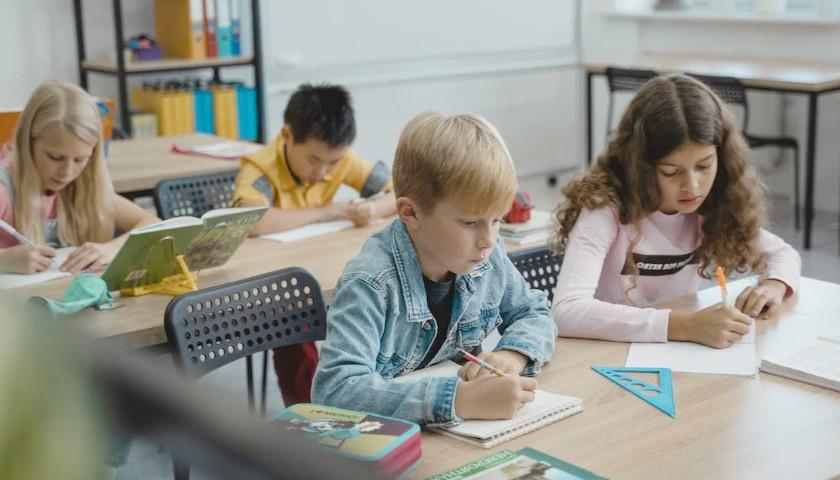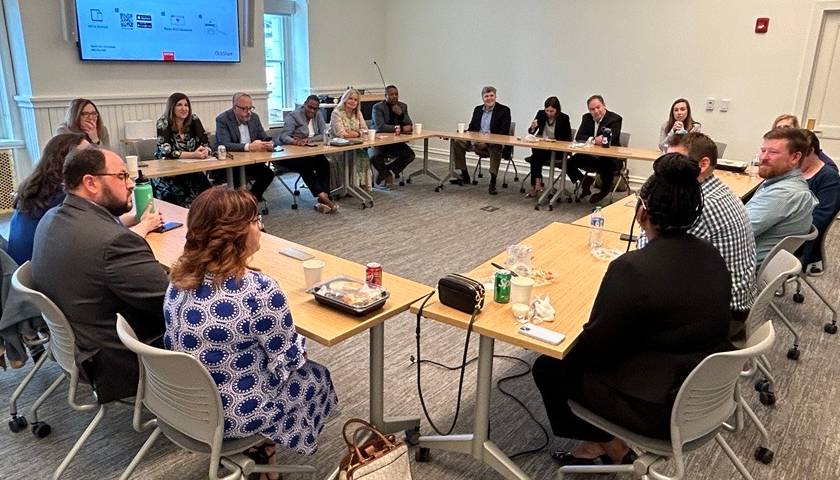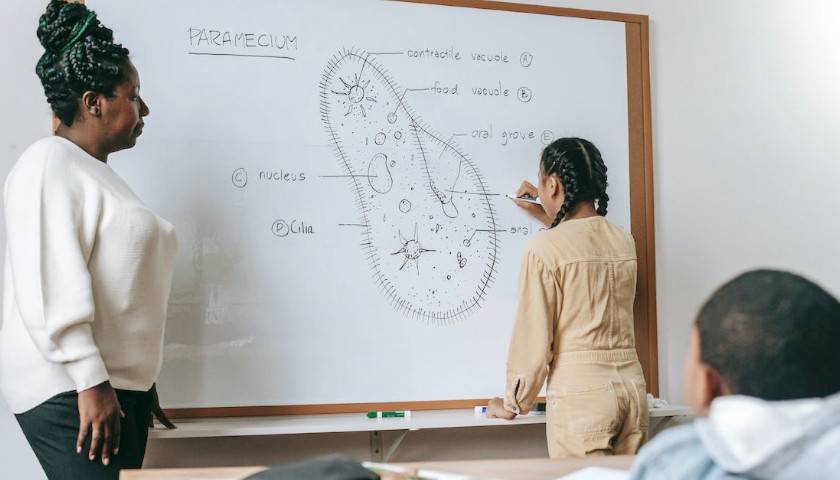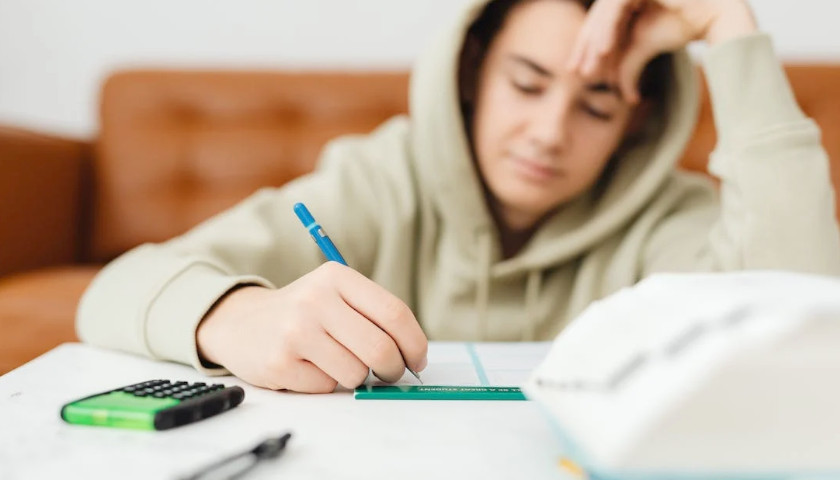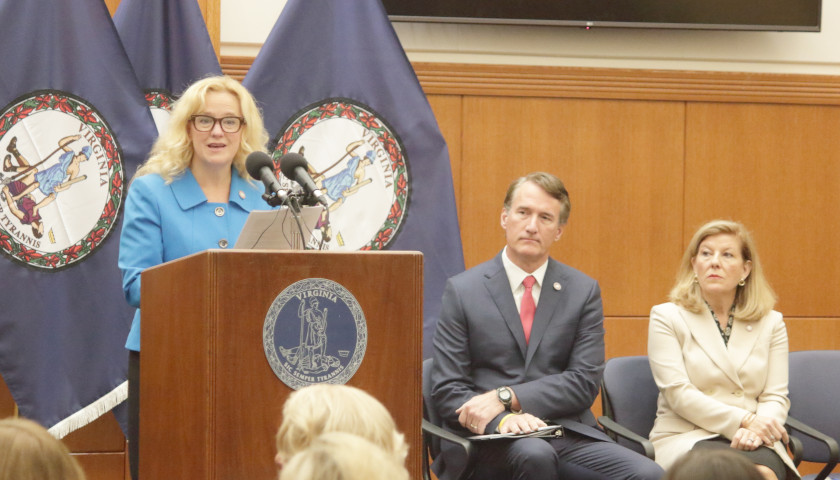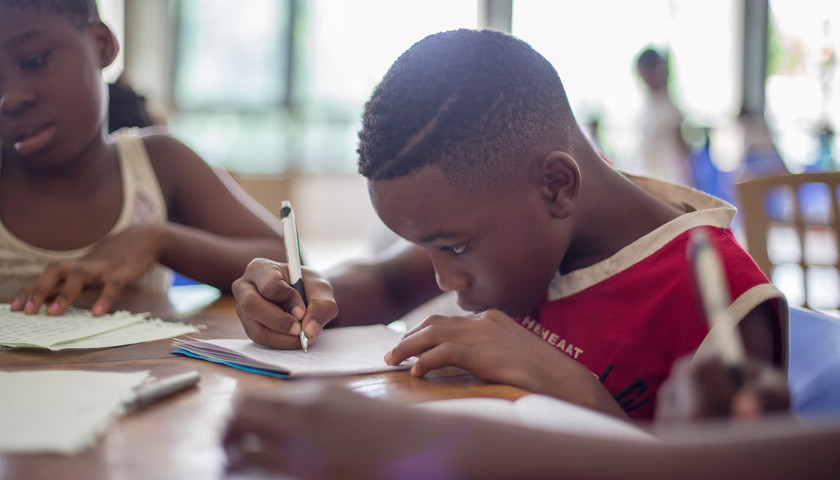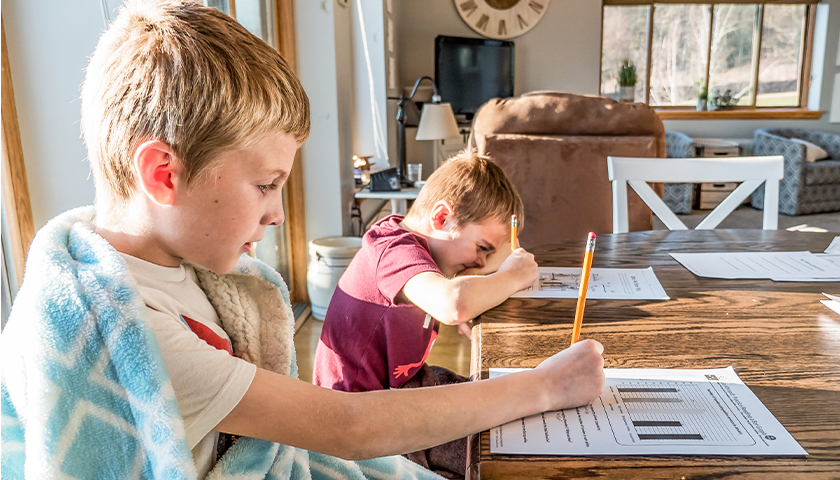The Democratic Party is pushing to increase “literacy” on climate change-related material in America’s schools while students are performing poorly with respect to actual literacy.
The party’s education platform mentions the importance of “climate literacy” for American K-12 students several times, emphasizing the purported need for students to be able to understand and interpret information relating to climate change. Meanwhile, the average reading score for both fourth and eighth grade students in 2022 had fallen by three points relative to 2019, according to the National Assessment of Educational Progress (NAEP).
Read More
